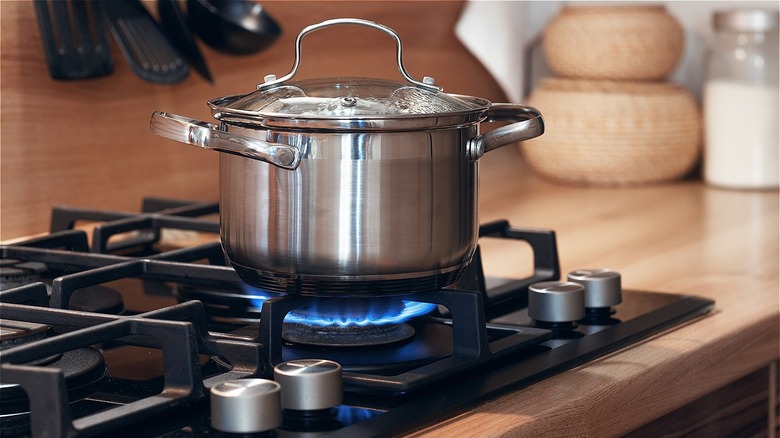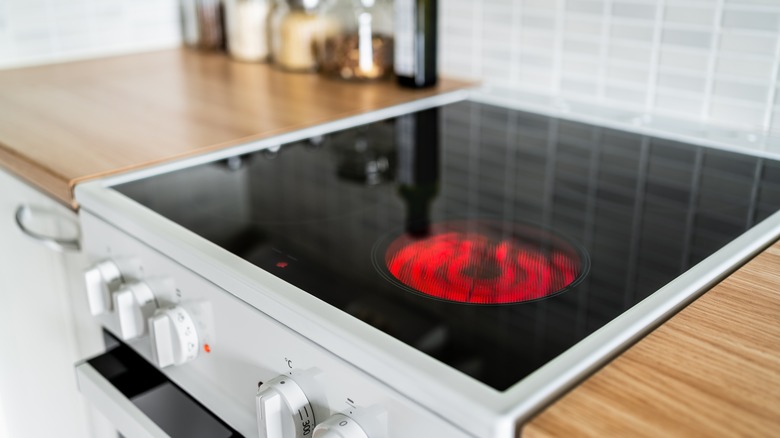New York Is The First State To Approve A Gas Stove Ban
On May 2, New York State lawmakers approved the first statewide ban on natural gas in new residential and commercial construction. As part of the state's 2024 budget deal, Governor Kathy Hochul announced the ban, which includes gas stoves, in an attempt to curb New York's dependence on fossil fuels and reduce harmful emissions.
Environmental groups, lobbyists from the oil and gas industry, and concerned residents have been debating the proposed ban for weeks as negotiations stalled the $229 billion budget deal for almost a month. While New York is the first state to enact this ban, more than one hundred towns and cities in the U. S. including in California, Massachusetts, and Washington state, have already authorized similar reductions. This also includes New York City, which previously issued a ban on gas stoves in 2021.
New Yorkers who already own a gas stove don't need to worry about replacing the kitchen workhorse since the ban doesn't apply to preexisting gas stove residences. For newly constructed buildings under seven stories, the ban requires all-electric heating and cooking appliances and will take effect in New York City by December 2023 and the rest of the state by 2026. Taller buildings will have until 2027 in NYC and 2029 for the remaining municipalities in the state to comply. The law leaves exemptions for certain commercial buildings to use natural gas, including manufacturing facilities, the food industry, hospitals, carwashes, and structures that require emergency backups or standby power.
Energy-efficient options
According to the Environmental Protection Agency, commercial and residential use of gas and fossil fuels for heating, lighting, refrigeration, and cooking nationwide accounted for 13% of 2021 greenhouse gas emissions. In addition to contributing to global warming, gas stoves have been found to emit harmful levels of nitrogen dioxide, carbon monoxide, and formaldehyde.
Lower carbon emitting stoves like electric and induction are available to consumers, but gas stovetops are still found in around 80% of professional restaurants and almost 40% of residential homes. While President Joe Biden has said he doesn't support a federal ban on gas stoves, 20 states have already enacted laws prohibiting a future ban. Presidential hopeful and Florida Governor Ron DeSantis and others have taken to Twitter to voice their stance, tweeting, "Don't tread on Florida, and don't mess with gas stoves!"
Don't tread on Florida, and don't mess with gas stoves! pic.twitter.com/FNETzpuANe
— Ron DeSantis (@GovRonDeSantis) January 12, 2023
Meanwhile, other states are embracing induction cooking as a safer, more energy-efficient way to get dinner on the table. Induction cooking passes an electric current using magnetic conductivity between the cooking surface and the pan to create heat. The burners heat up quickly but don't emit heat like gas stoves, keeping the kitchen cooler, especially in the summer months. The downside of induction cooking is that it requires magnetic cookware such as cast iron and stainless steel, forcing some cooks to replace their pots and pans.

